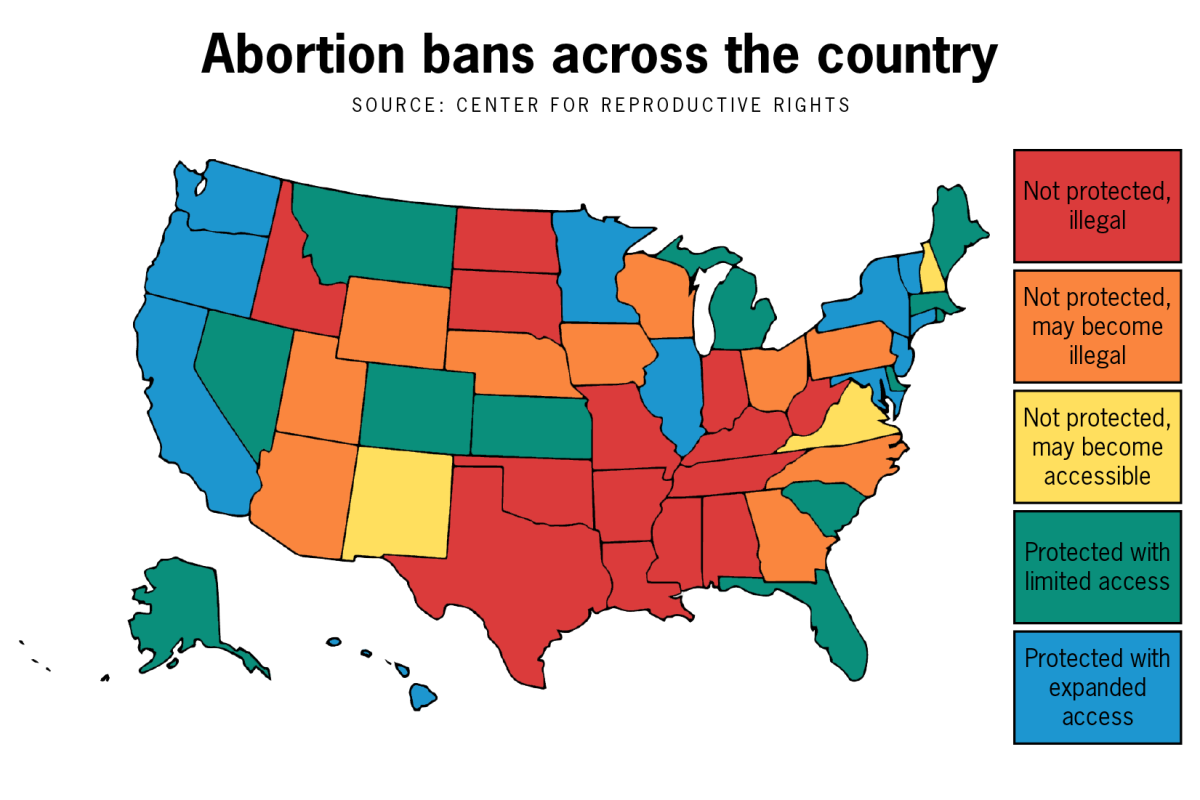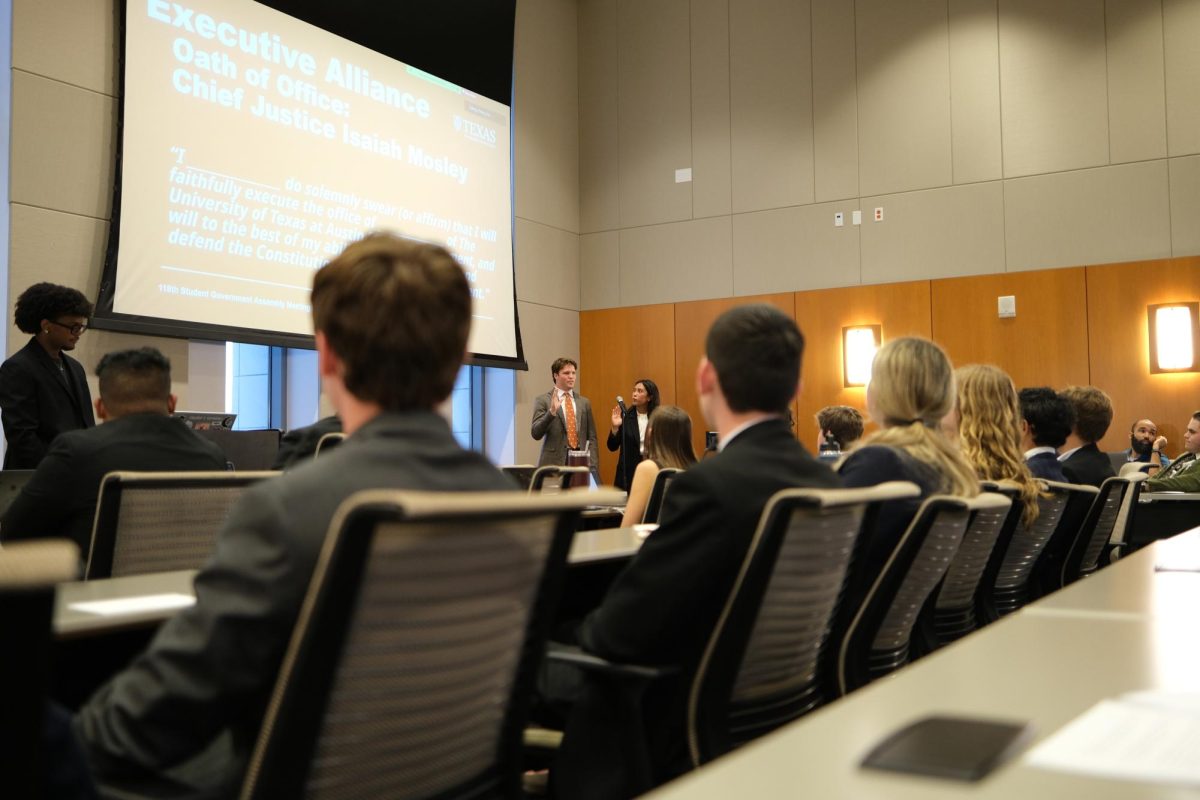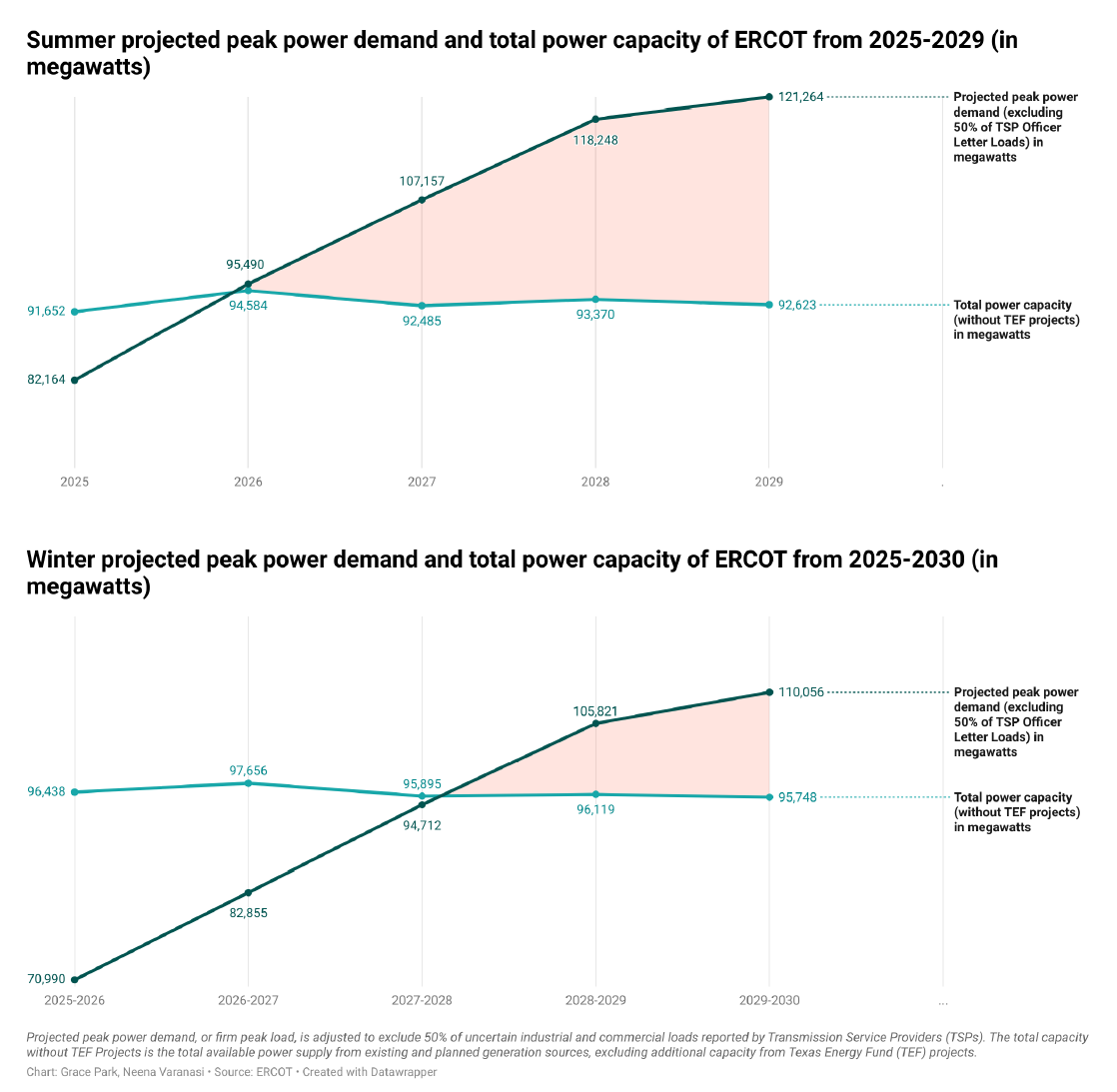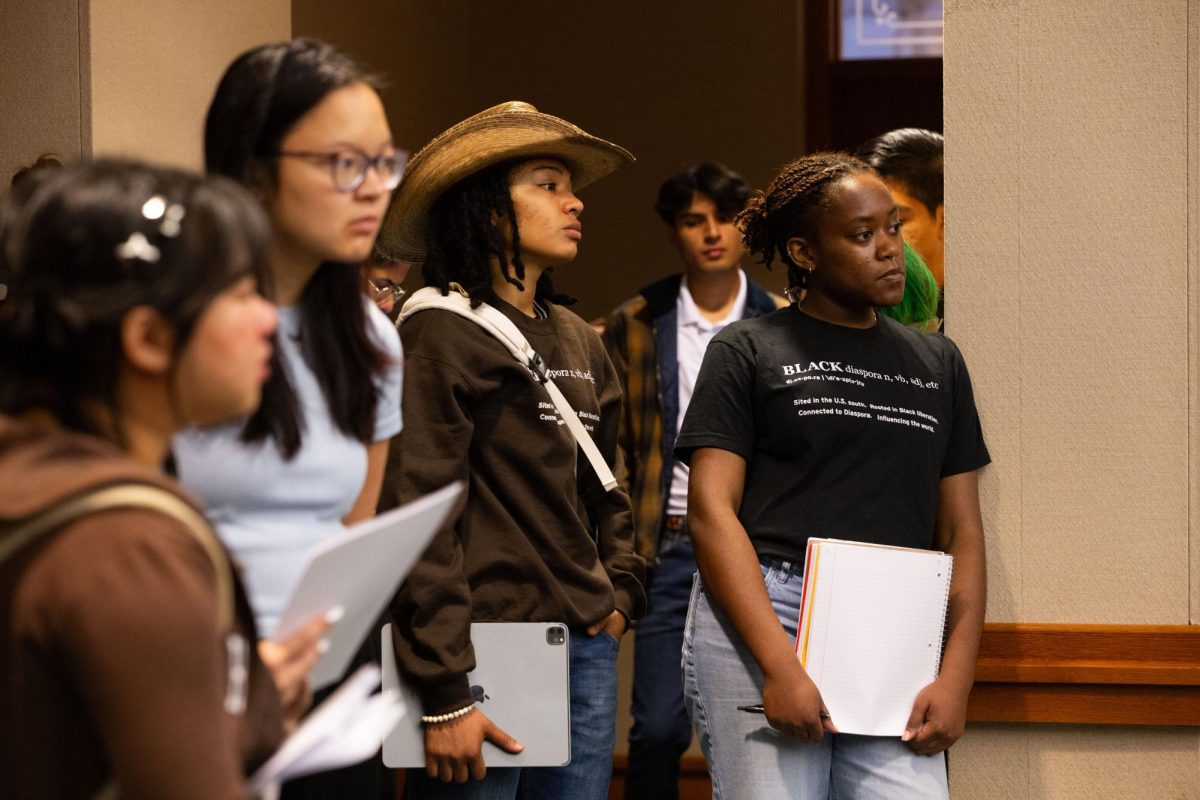Content Warning: Mention of abortion.
Almost two years after Senate Bill 8, which banned abortion after six weeks, passed, three women stood in a Travis County courtroom. They urged for clarity in the “medical emergency” exception. Amanda Zurawski, Samantha Casiano and Ashley Brandt were some of the 13 plaintiffs in the Zurawski v. State of Texas case, brought by The Center for Reproductive Rights. Through the two-day July hearing, plaintiffs told their stories in a press conference.
“The state is trying to shirk responsibility for what happened to these women, but we will not let them,” said Molly Duane, senior staff attorney of the Center of Reproductive Rights, in the conference. “It is dangerous to be pregnant in Texas. Across the state, pregnant people are being turned away from hospitals in life threatening situations.”
According to the lawsuit, confusion swarmed around the classification of a “medical emergency,” under the ban. This turned doctors away from performing abortions in fear of prosecution, UT law professor Charles Silver said.
In response, Travis County judge Jessica Mangrum issued an injunction on Aug. 4 stating doctors using “good faith” judgment cannot be prosecuted. Hours later, Texas filed an appeal to the Texas Supreme Court, temporarily overruling the injunction.
Silver said the next step involves arguing with the Texas Supreme Court and waiting for them to file an opinion. He said he expects this to take approximately a year.
“Clarity is very important when you’re talking about putting people in jail,” Silver said. “Doctors have to have comfort if you want them to perform any of these procedures because why risk your license and your future by coming out on the wrong side of this?”
At the conference, OB-GYN plaintiff Austin Dennard said the unclarity in the law stopped her from giving her patients the best medical care. Plaintiff Taylor Edwards said this case made it clear the State did not care. Between statements, plaintiffs would occasionally hug each other or pat one another on the back.
These were the first women to testify against abortion since Roe v. Wade in 1973, Duane said.
“No one should be forced to get sick before they can get the health care that they need,” Duane said. “No one should be forced to give birth to a child that will never survive. This is not about the right to abortion, this is about basic human rights.”













